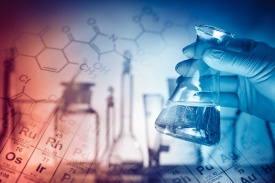Stem Cells for Male Infertility The Latest Innovations
Discover the cutting-edge advancements in stem cell therapy for male infertility. This groundbreaking article explores the latest innovations, shedding light on the potential to revolutionize treatment options and bring hope to those struggling with infertility.












